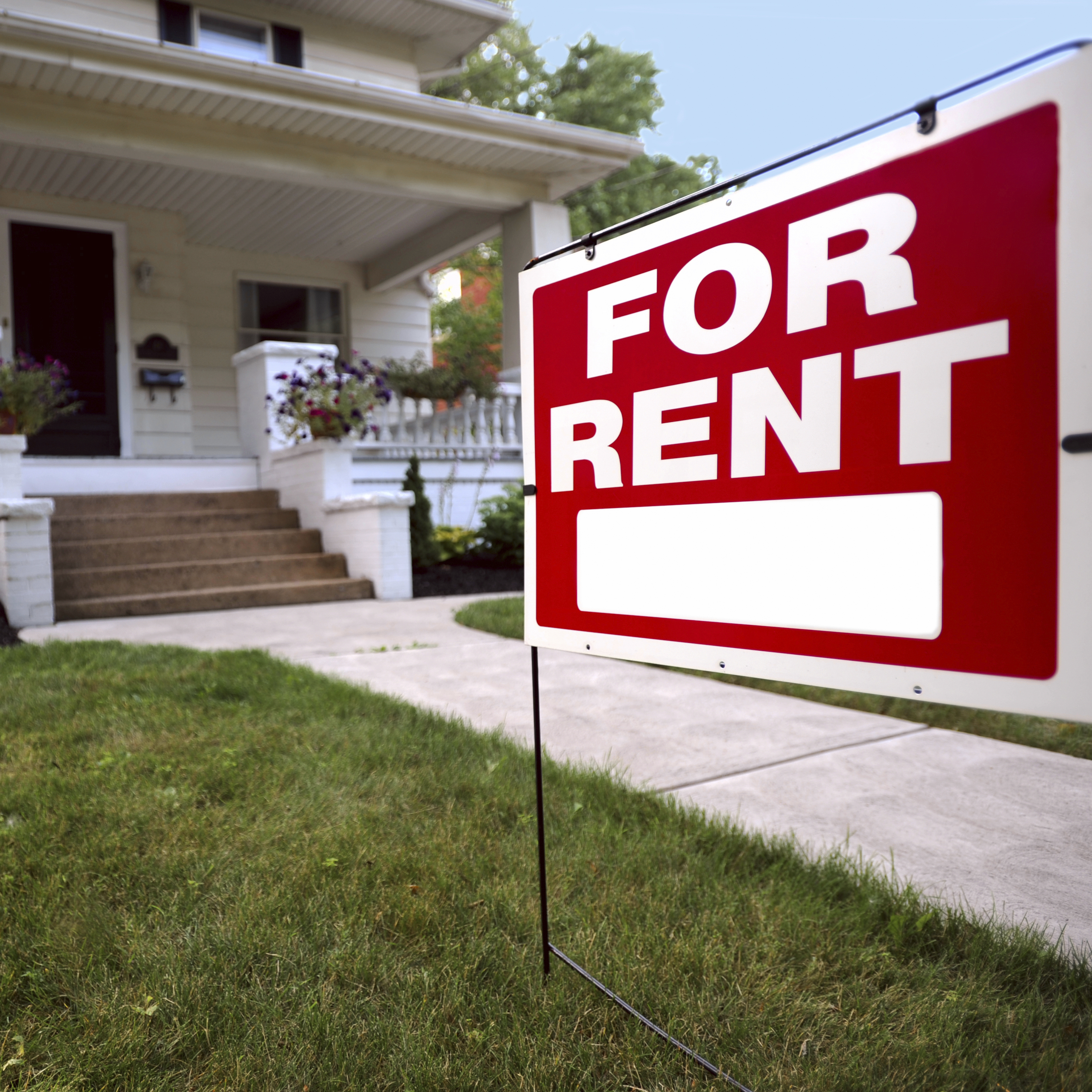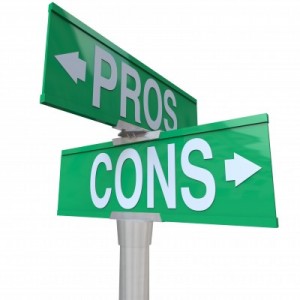
Should you buy a house or should you rent? This is a question that plagues many of us and we here at RyansSearch are here to help. In our post earlier this week we looked at the costs of buying a house and both the advantages and disadvantages to owning a house. Today we will look at the costs of renting as well as it’s advantages and disadvantages to better help you make your decision. So let’s look into what it costs to rent a house.
Just like with our earlier post let us first look at the upfront costs that you will have to pay to rent.
- Nonrefundable Deposits: These depend on your state, your living situation (pets and such), and your landlord’s preferences on whether you are charged a nonrefundable deposit. An example of such a deposit would be paying a pet fee before moving in. These kinds of deposits range from $100 to $500 typically.
- Security Deposit: Most if not all landlords will require a security deposit to insure against property damage, broken leases, and other incidentals.
- First Month’s Rent: Most landlords will also make you pay the first months rent upfront. This is something you certainly need to keep in mind.
- Moving Costs: Just like the homeowners you too are going to need to move. And just like them, this cost will vary greatly depending on how much stuff you have and how many friends you can get to help you move all that stuff. Whatever is left over you will either need to rent a truck or pay professionals.
Recurring costs are also a part of the renter’s experience. Let’s have a look at what some of those costs are.
- Monthly Rent: This one is self-explanatory. However you should be aware that unless you are living in a rent-controlled neighborhood, or somewhere with stricter renter protection laws, your rent could increase whenever you sign a new lease.
- Renter’s Insurance: While this is not required to have, we highly recommend that you get renter’s insurance to protect against loss due to fire, theft, or some other peril. The cost of insurance is based on the nature and value of the insured property, deductibles, and any number of other factors. Good news is that according to U.S. News, the median monthly cost for this insurance is about $15.
- Utilities: The price of this varies depending on the location and landlord in charge. Some places may include all utilities in the monthly rent while other will make you pay for any number of utilities yourself.
- Laundry: Many rentals don’t have in-unit laundry machines, meaning that you will have to pay for your laundry per load. This means that you will need to find either a Laundromat or use the machines that are onsite. The cost will vary between about $2 to $4 per cycle.

That’s the majority of the costs you are going to face as a renter. Now we are going to look at the advantages and disadvantages of renting. We will start by looking at the biggest advantages that come with renting.
- Relocating Is Easier: This is a huge advantage for those who change jobs often. When renting it is often easier, less time-consuming, and more often less expensive to relocate for work. At most, moving suddenly may require you to break your lease agreement, assuming you cant find someone to sublet your apartment, which is much easier and quicker than selling a house.
- No Responsibility for Maintenance or Repairs: Renters are not responsible for the maintenance of the home or most repair costs. This means if your toilet backs up, or heater breaks, that you don’t have to call and pay for a repairperson. Instead renters just call their landlord and le them deal with the repairs and costs.
- No Exposure to Real Estate Market: While the market fluctuates and can cause house’s value to drop over time it is no problem for any renter.
- Credit Requirements are Generally Less Strict: Most landlords will have you undergo a credit check; there is usually a zero-sum proposition. You will either be approved or denied based on your credit history and credit score. Unless your credit report has bankruptcies and such you are very likely to find a landlord that will rent to you. Mortgage lenders will usually have high credit standards meaning that scores below 700 could be considered subprime.
And now we will go over some of the disadvantages that come along with renting so that you can get a better picture of what all renting entails.
- No Federal Tax Benefits: Unlike homeowners, renters will not be able to deduct property taxes and mortgage interest on their federal income tax returns.
- No Equity Building: Most renters wont build equity on the property they stay at no matter how long they live there. The only renters who this may not apply to are those who are in a rent-to-own agreement. This means that as a standard renter every dollar you spend on rent is gone forever. So if you are planning to stay in the same location for more than a few years then buying may be a smarter financial choice.
- Limited Control Over Ongoing Housing Costs: As stated above, unless you live in a rent-controlled neighborhood your landlord can raise your rent once your current lease is up. Landlords raise their rents to match rent in the markets that their properties are located.
So there you have it, the list of costs as well as the advantages and disadvantages to renting. This, along with our post on buying a house, will hopefully help guide you into a more educated decision when trying to decided between buying a house or renting.
